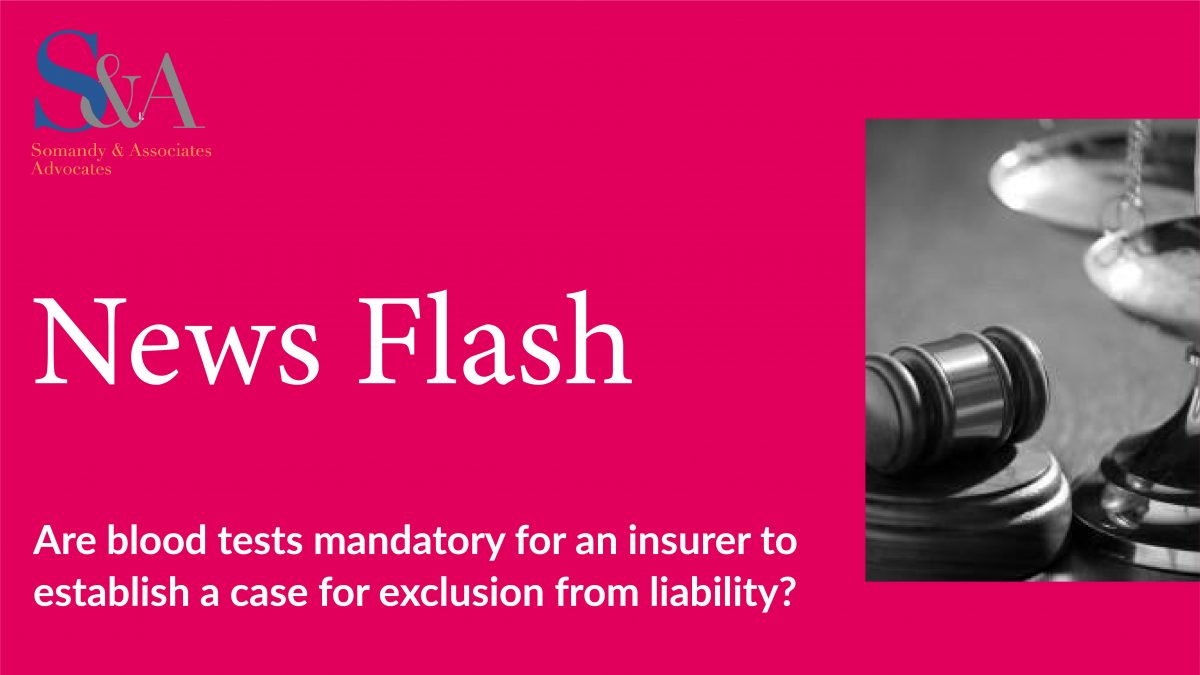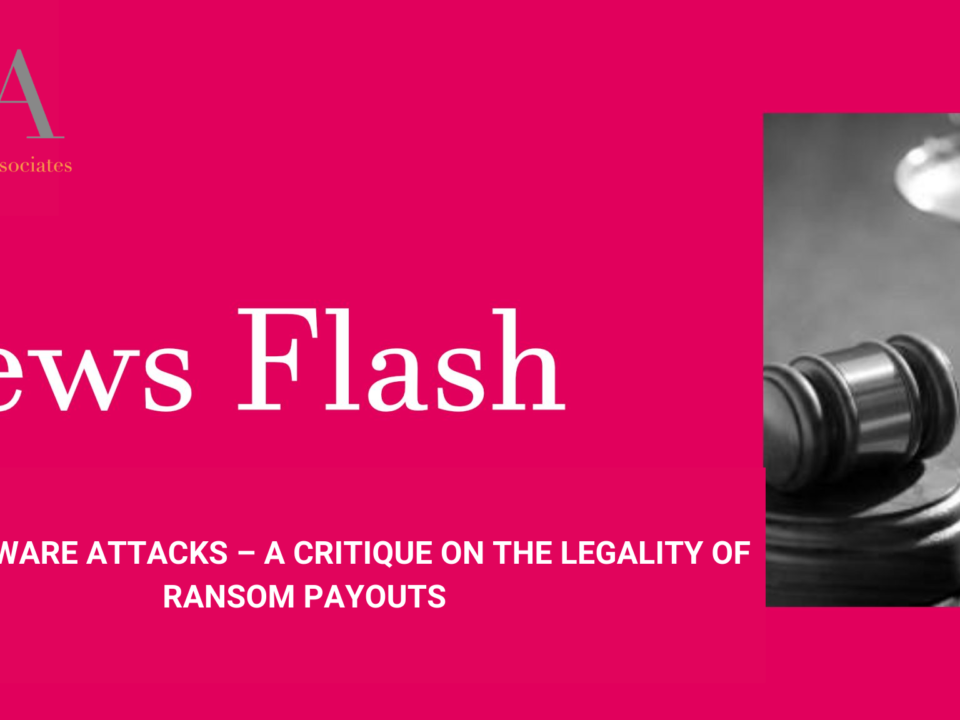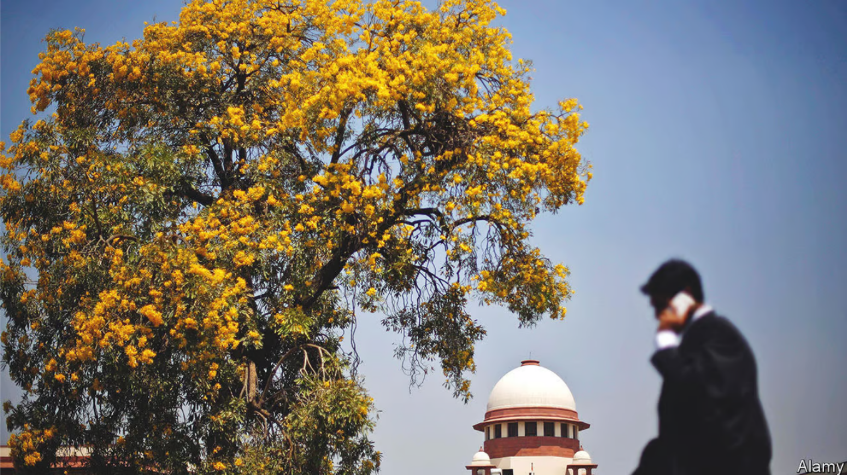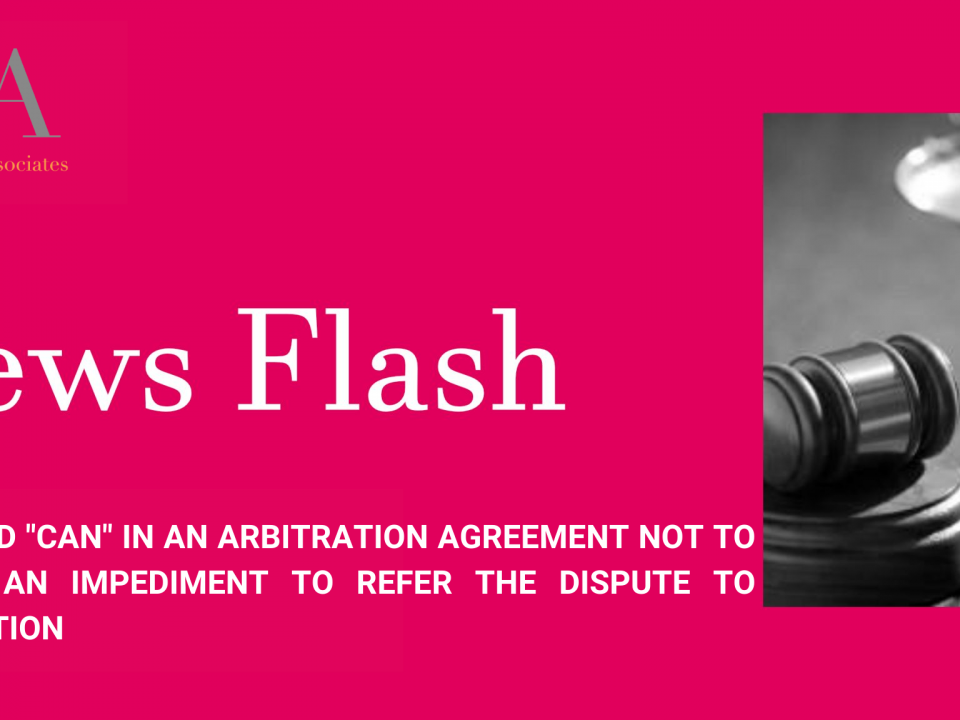Are blood tests mandatory for an insurer to establish a case for exclusion from liability? Examining Section 185 of the Motor Vehicles Act,1988.

The Hon’ble Supreme Court in the case of IFFCO Tokio General Insurance Company Ltd. Vs. Pearl Beverages Ltd. vide an impugned order dated 12th April 2021, propounded that a breath analyzer test or blood test as contemplated under Section 185 of the Motor Vehicles Act, 1988 is not necessary for an insurer to invoke the exclusion clause and thereby repudiate an accident policy claim on the ground of drunken driving.
The instant case arose out of an appeal against the order of the National Consumer Disputes Redressal Commission (“NCDRC”). The brief facts are that a vehicle which the respondent owned and was insured with the appellant, met with an accident. Consequently, a claim for reimbursement was lodged and the same was repudiated solely on the ground that the driver was under the influence of liquor when the vehicle met with an accident. When the matter was taken up for hearing by the State Commission by way of a consumer complaint, it agreed with the findings of the Insurance Company and dismissed the complaint.
On the other hand, the NCDRC, gave a contradictory view, stating that there was no material to establish that the driver was under the influence of intoxicating liquor within the meaning of the Exclusion Clause, thereby imposing liability on the Insurance Company.
Therefore, the question that arose for consideration before the Supreme Court was whether the NCDRC was correct in holding that the appellant was not entitled to invoke the shield of Clause (2c) of the Contract of Insurance, under which, it was not liable if the person driving the vehicle was under the influence of intoxicating liquor.
Accordingly, the Court analyzed the provisions of Section 185 of the Motor Vehicles Act, wherein a person is liable to punishment if he is found, while driving, with an alcohol content exceeding 30 mg per hundred ml of blood and the level of alcohol is required to be verified by way of a test done with the help of a breath synthesizer. Vide the provisions of the said section, the law does not prohibit driving after consuming liquor and the requirements of drunken driving under Section 185 can be proved only with reference to the presence of the alcohol concentration. However, no medical examination of the driver was conducted in order to ascertain that he was under the influence of intoxicating liquor, as provided under the said section or the Exclusion Clause.
In view of such complexities and lack of evidence available to establish the level of alcohol content, the Court examined the totality of the circumstances and observed that the view of the State Commission in invoking the doctrine of res ipsa loquitor was a probable view. Additionally, it propounded that a claim under Section 185 must be considered on the basis of the nature of the accident, evidence as to drinking before or during the travel, the impact on the driver and the very case set up by the parties. Therefore, it concluded that the alcohol consumed earlier was the cause or it contributed to the occurrence of the accident.
The Hon’ble Supreme Court observed that depending on different factual scenarios, if there is a blood test or breath test, which indicates that there is no consumption at all, it would not be open to the insurer to set up the case of exclusion. However, in cases where there is no scientific material, in the form of test results available, it may not disable the insurer from establishing a case for exclusion. The Supreme Court held that the NCDRC was at error in reversing the order of the State Commission.



